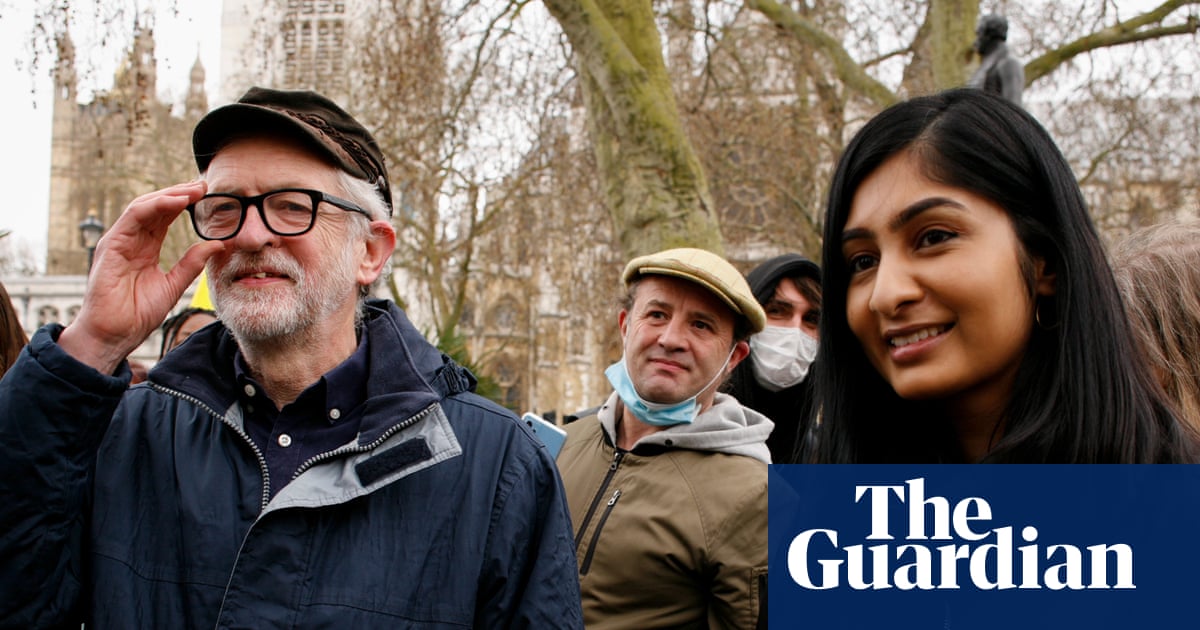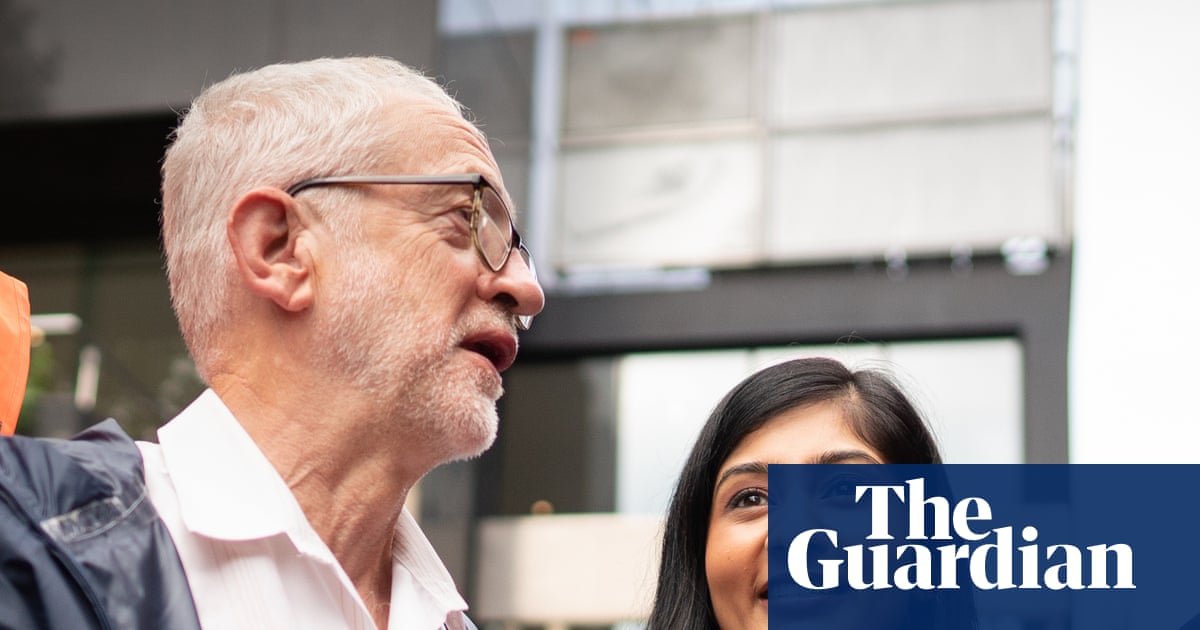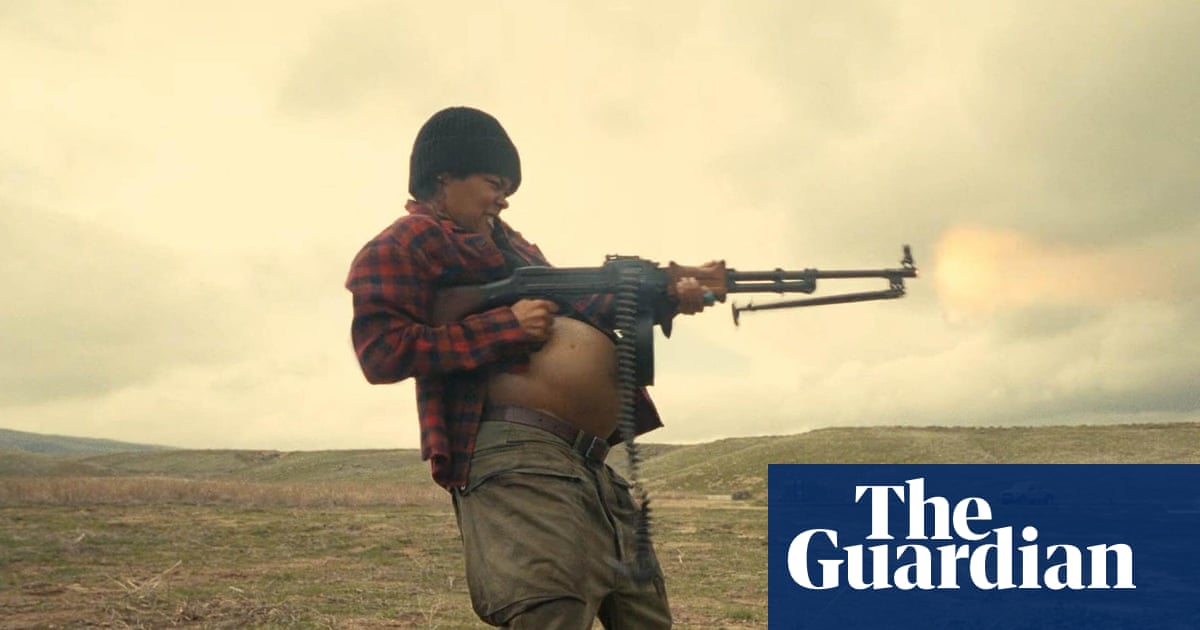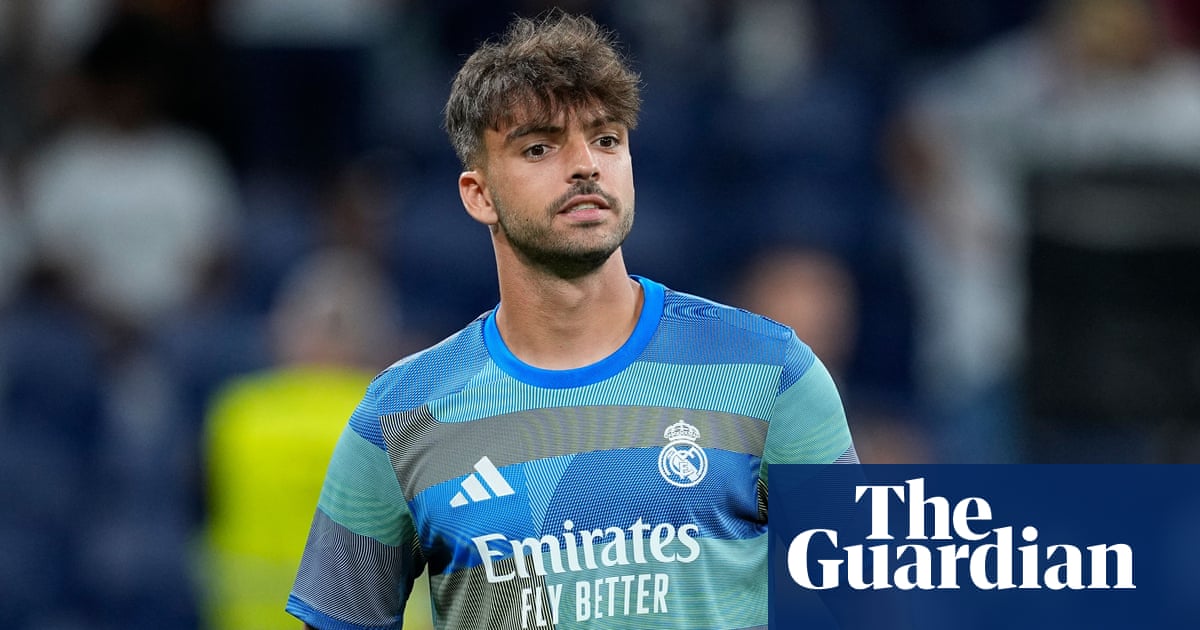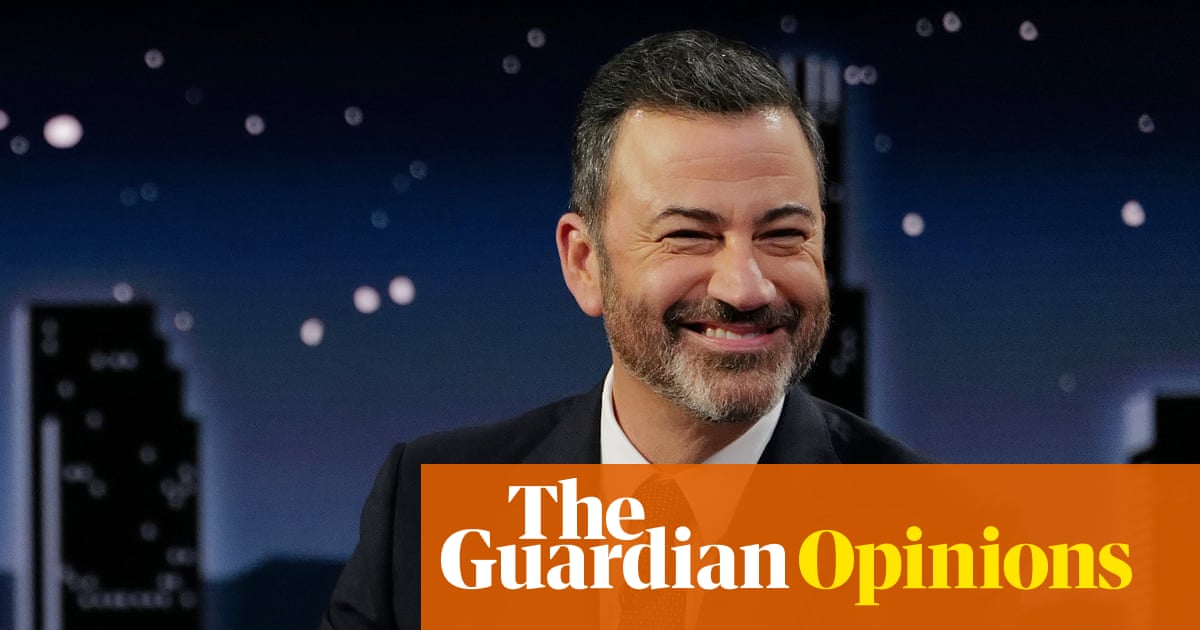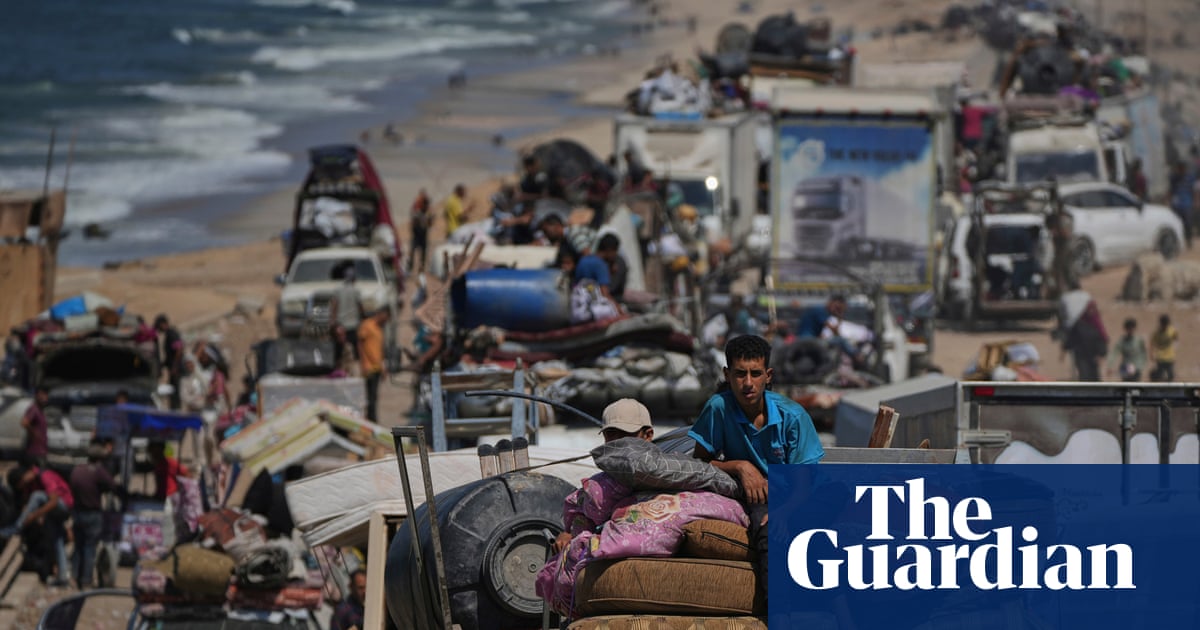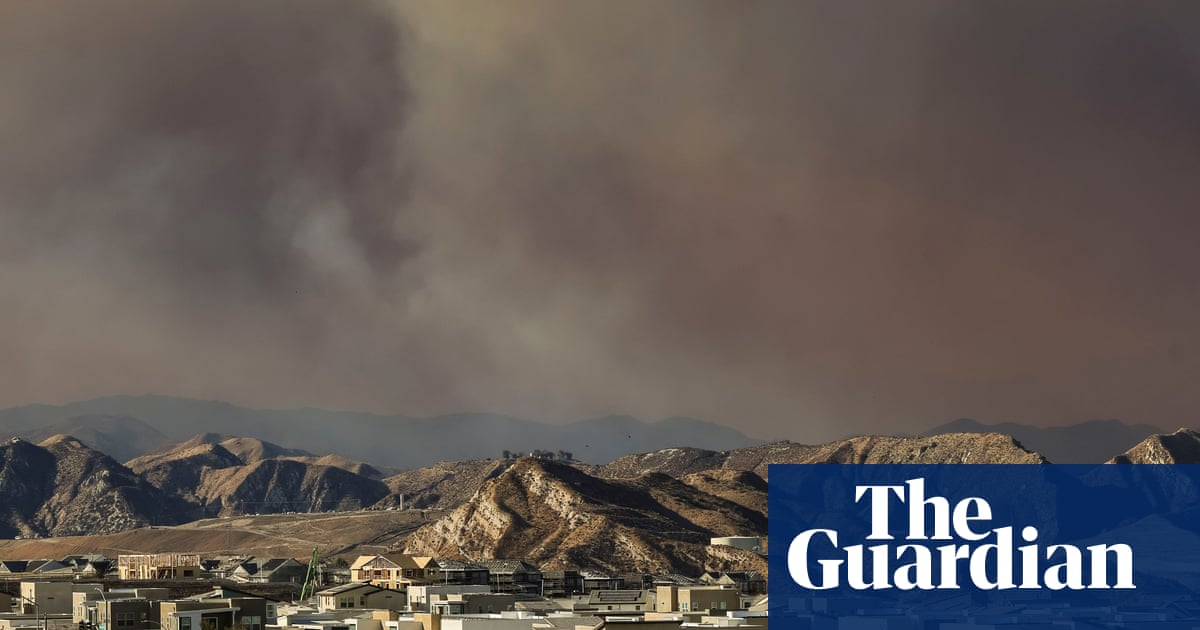We in the west love to hate a terrorist bogeyman. When our opponent isn’t a state, it’s easier to rationalise our failure to stop them causing us pain if there’s super-villain lore around them. That a lone Venezuelan called Ilich Ramírez Sánchez could become the scourge of top intelligence agencies would be a humiliation; rebadge him as the impressive “Carlos the Jackal” and we can cope. As the Israeli-made Storyville documentary The Jackal Speaks: Inside the Mind of a Mass Murderer profiles Sánchez and interviews him, that mystique evaporates.
After growing up in Caracas in a family home that has a cook, a cleaner, a gardener and a large photograph of Stalin on the wall, the teenage Sánchez is relocated to London and then Moscow in the late 1960s, dismaying his father – and, in the Soviet Union, annoying the KGB – with his preference for partying over studying. In 1969 he enrols with the Popular Front for the Liberation of Palestine (PFLP), fighting for them in the Black September conflict in Jordan and, most likely, conducting his first solo mission by attempting to assassinate the vice-president of the British Zionist Federation in London in 1973.
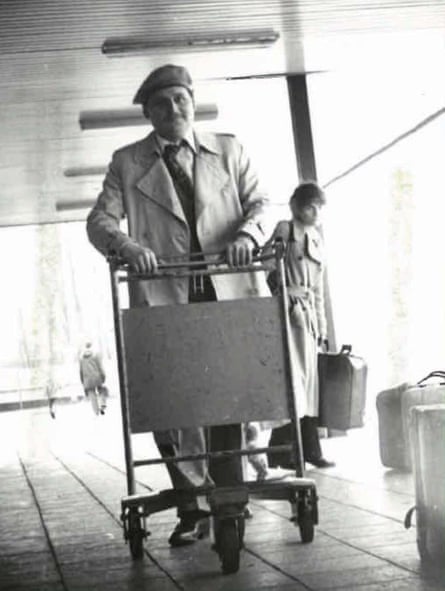
In the film, Sánchez denies that one, but it’s definitely him firing rocket-propelled grenades at Israeli passenger jets at Orly airport in 1975. When an informant turns on him by revealing his location to Paris police, Sánchez kills his former associate and two of the officers who arrive to arrest him. Now internationally notorious, he’s nicknamed Carlos the Jackal, the moniker coming half from his South American heritage, and half from a Guardian journalist visiting the flat of an ex-girlfriend of Sánchez and noticing a copy of The Day of the Jackal by Frederick Forsyth. As if to reward the media’s interest, “Carlos the Jackal” pulls off his biggest job when he and his team take dozens of hostages at an Opec summit in Vienna in December 1975, acting on behalf of the PFLP and Libyan dictator Muammar Gaddafi.
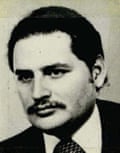
All this is recalled using the usual documentary mix of biographers, experts and retired spies, boosted by a telephone interview with the imprisoned Sánchez himself, conducted in 2021 by director Yaron Niski. When the supply of evocative archive footage runs out and there’s nothing for the star of the show to talk over, the film resorts to slightly comical images of Niski with a phone to his ear, dramatically shot in small rooms half-lit by the dim glow from a single window.
Still, it must be worth it for an exclusive chat with the former most wanted man in the world? Barely. Sánchez, rambling unchallenged down an indistinct line, is hard to follow even when you can make out what he’s saying, which isn’t always. He doesn’t offer any insight into why he chose the Palestinian cause, or why he was drawn to political violence. He doesn’t sound like a criminal mastermind; instead, the overall impression is that he was narcissistic enough to believe he could get away with outrageous schemes, and psychopathic enough to do the cold-blooded killing. That, rather than any piercing strategic or political vision, was enough.
Chiefly, Sánchez’s contributions are notable for their Trumpian self-aggrandisement: “I was the best shot. I shot better than anyone else,” he says of his formative months at a PFLP training camp. “The only person who could maybe direct such an operation in such a short time is … Carlos!” he claims, talking about how silly Col Gaddafi hadn’t left enough time to plan his attack on the Opec meeting, so Sánchez graciously bailed him out.
The tapes also reveal Sánchez to be quite the creepy misogynist. He looks to reinforce the legend that he is a philanderer by commenting on the quality of the women in the many countries he’s lived in, an observation that usually comes with an approving reference to how “clean” these conquests were. The love of his life, Frankfurt Revolutionary Cells member Magdalena Kopp, receives the special accolade “very clean, everywhere”.
It might seem trivial to worry about the icky gender politics of a mass-murdering mercenary, but this guy has been romanticised as international terrorism’s answer to James Bond – a man of mystery as suave as he is elusive. Close up, he gives off loner vibes, and the photos we see of his various guises don’t burnish his cool-villain credentials, either: he almost always looks like a beady uncle whom female guests have to avoid at a wedding disco. The picture that has become an icon, where he’s wearing wraparound shades, is the only one where he looks badass. The story was that the people employed to keep us safe were given the runaround by a unique force of evil, a ghost; it now seems they actually spent years chasing a loser.

 3 months ago
107
3 months ago
107

